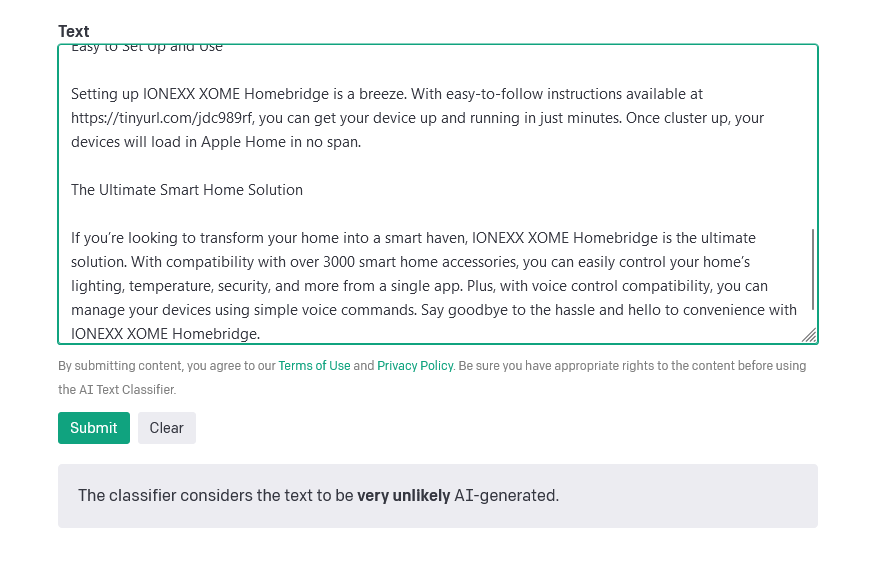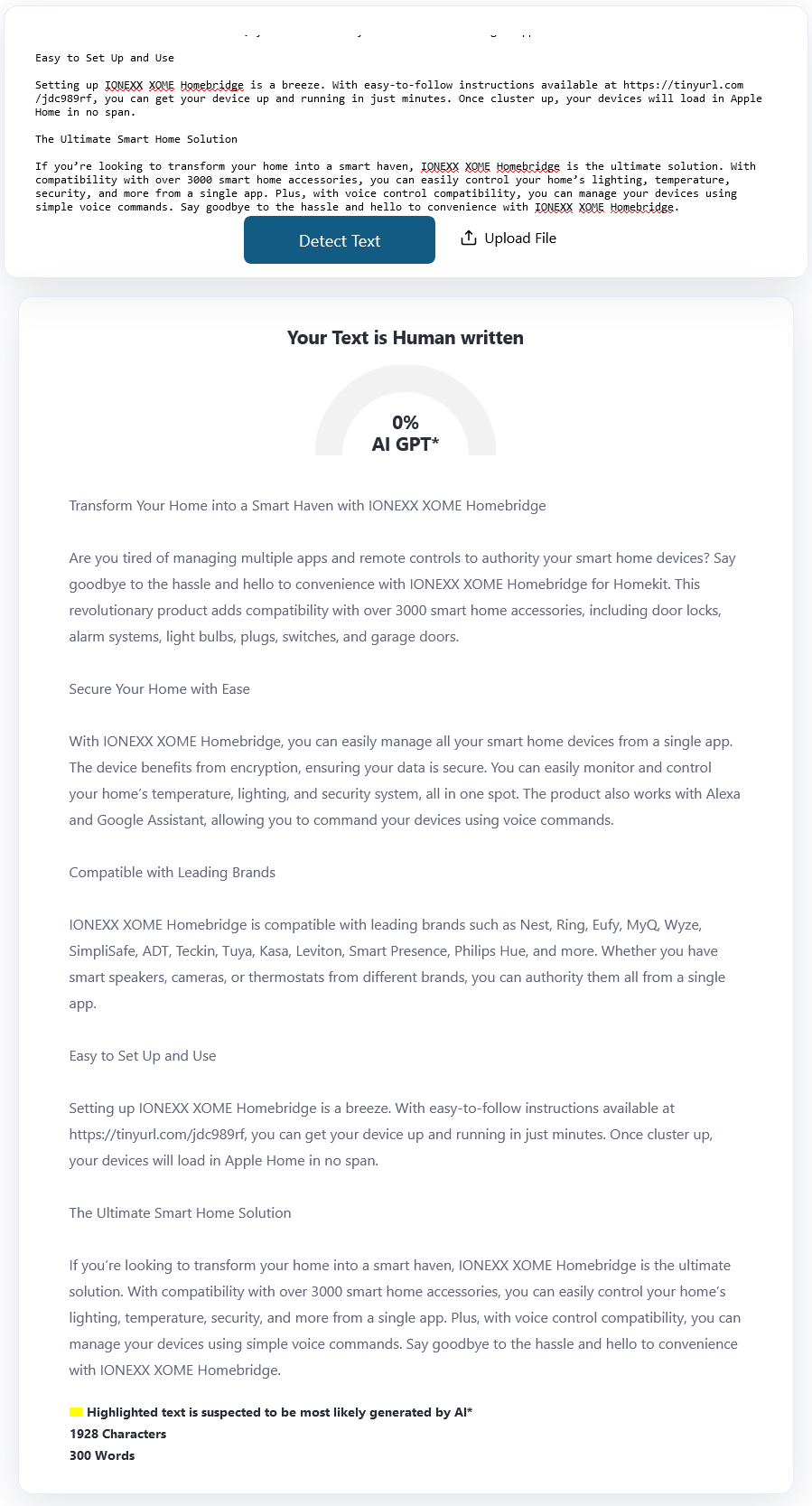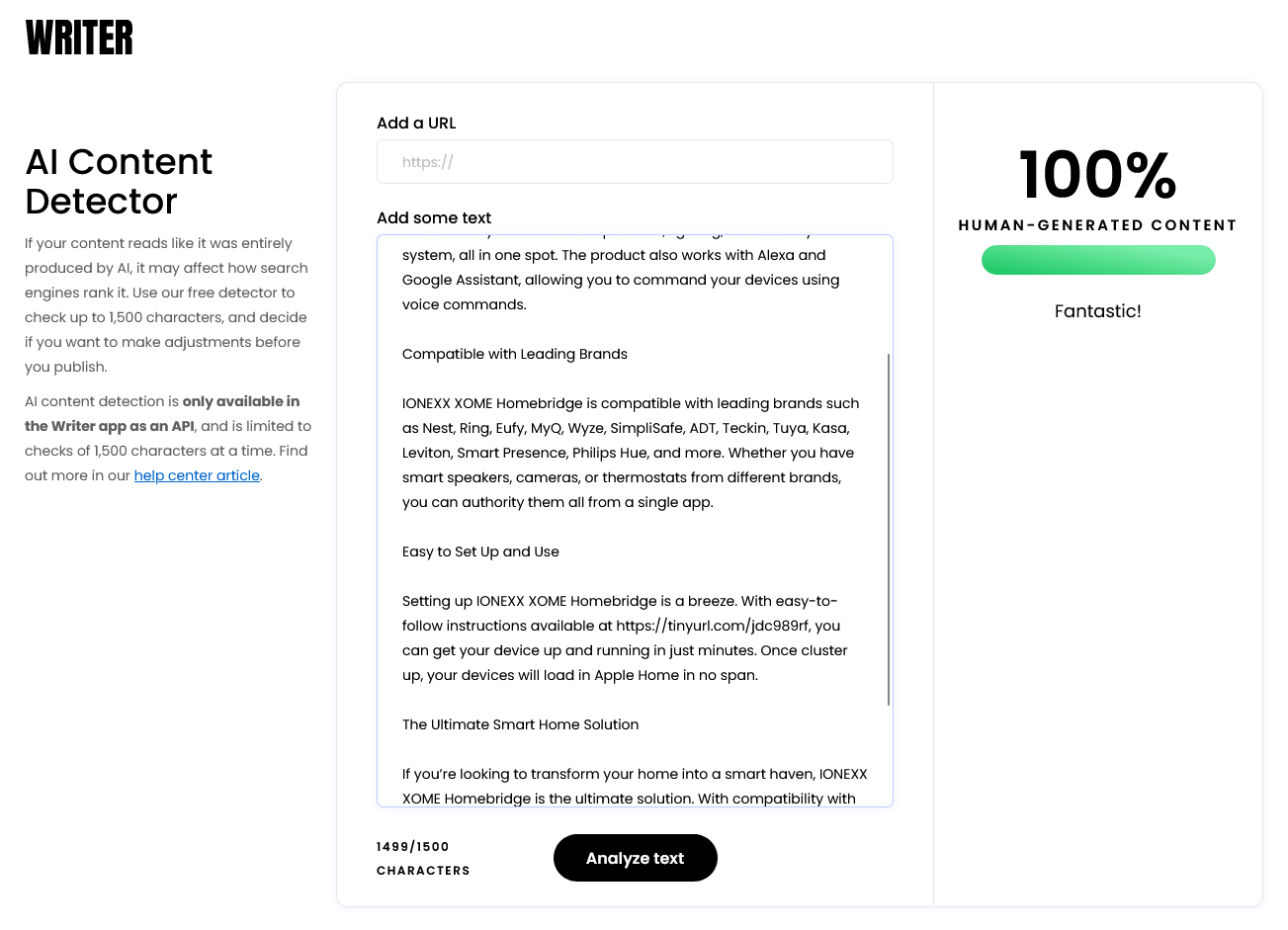
With the constant evolution of technology, the landscape of content creation has been undergoing significant transformations. Notably, Google’s recent modifications to its E-E-A-T (Experience, Expertise, Authoritativeness, and Trustworthiness) guidelines present a clear indication of this shift. Along with this update, Google representatives have confirmed that AI-generated content is now permitted in search engine results.
However, this raises two important questions: Can Google distinguish AI-written content, and does it matter to Google if AI is the author of your content?
Google is certainly capable of identifying AI-generated content, but it won’t negatively affect the ranking of your content as long as it’s designed primarily for human users, not just to appease search engines. What’s important is the purpose and overall control behind your content creation, not necessarily the technology used to create it.
Understanding the impact of AI content creation on SEO requires a deep dive into Google’s E-E-A-T guidelines, including their recent revisions. These evolving guidelines now encompass various aspects like the author’s subject matter expertise, substantiation of claims, the currency and accuracy of information, source verification, and clear site ownership.
Nevertheless, as AI enters the content creation scene, its detection by Google has gained significant attention. Google’s advanced natural language processing (NLP) algorithms have been increasingly successful in spotting machine-generated content, looking for patterns and syntax commonly found in computer-written text.
However, publishing AI-generated content without careful editing brings substantial risks. Machine-generated content, identifiable through unnatural patterns like overused keywords or repetitive sentences, is easily detectable by Google. This detection could trigger algorithmic penalties. Furthermore, AI-created content often lacks the creativity and originality intrinsic to human writing, resulting in a robotic tone and unnatural transitions.
If you’re wondering how to prevent Google from detecting AI-generated content, the CyberSEO Pro plugin offers a number of tools designed to solve this problem. These include seemingly obsolete tools like a built-in synonymizer, which the plugin has supported since 2006, as well as third-party content spinners (WordAi, Spinner Chief, ESPinner, X-Spinner, TBS, and Chimp Rewriter) that are integrated into the plugin. To use these tools, you simply need to configure the plugin to apply them to the post text after it has been generated by a GPT model.
While third party services are paid, the synonymizer built into CyberSEO Pro is completely free. All you need is a table of synonyms for words and frequently used phrases consisting of 3-4 words. You can create this table yourself or generate it with ChatGPT.
On the one hand, a synonymizer can reduce the quality of your content, especially if you use a poorly composed synonym table. On the other hand, it completely breaks the logic of the automatic GPT detectors. Below are results of GPT detectors on content generated by OpenAI GPT Turbo 3.5 and processed by the built-in synonymizer of CyberSEO Pro.
AI Text Classifier

ZeroGPT

AI Content Detector (writer.com)

